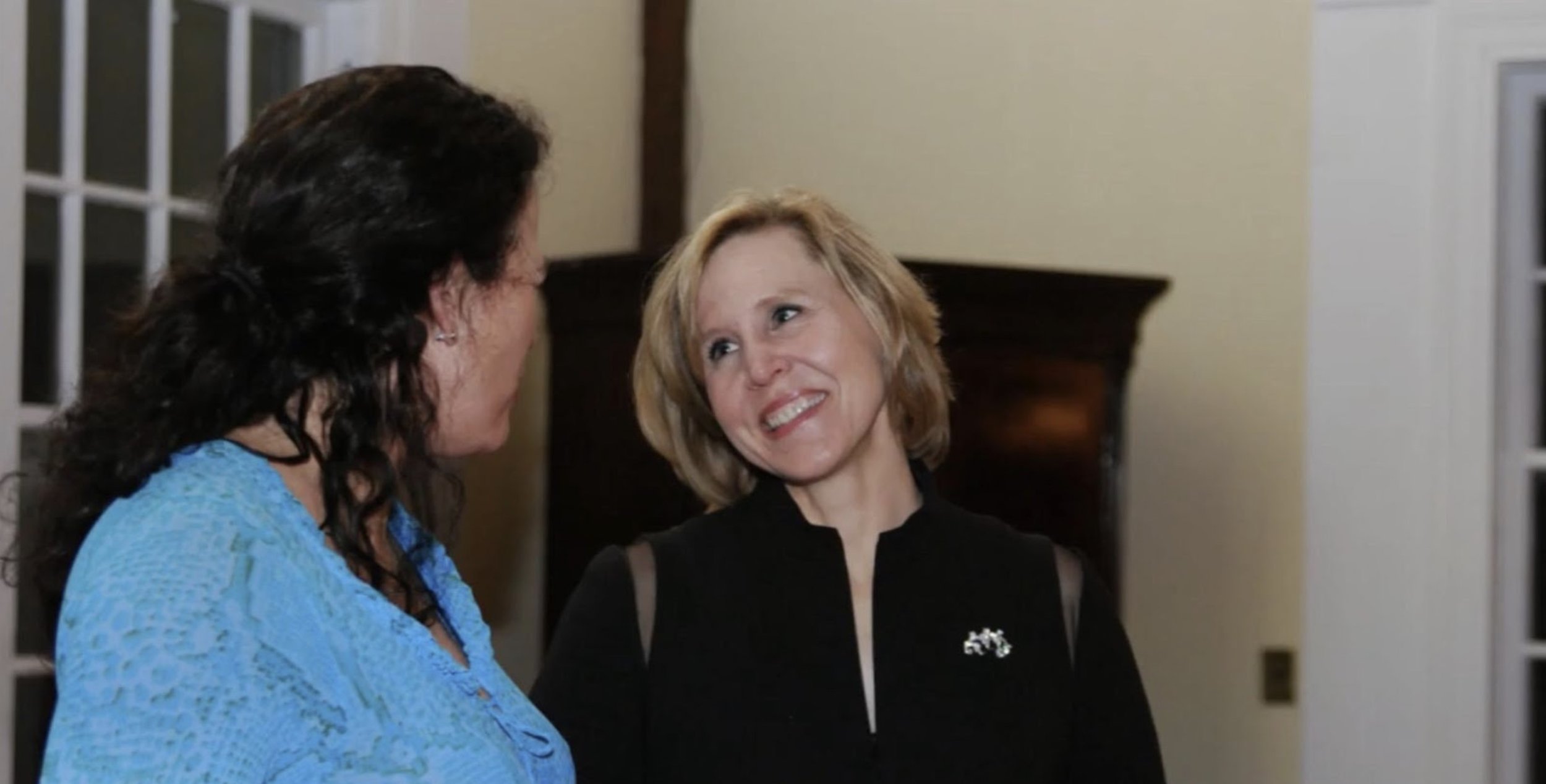
HISTORY
After the sudden death in 2016 of Mary Hoch, a much-beloved reconciler within her own community, James Hoch and their children determined to continue Mary’s legacy by contributing core funding for the establishment of the Mary Hoch Center for Reconciliation (MHCR). As MHCR’s operations rapidly expanded, along with the need to support efforts directly at a community level, the Hoch family then decided to establish a small family foundation, the Mary Hoch Foundation (MHF), as a launching pad to advance practical solutions to the profound problems dividing our communities. The family recognized, in part through the research and initiatives of the MHCR, that healing divides and breaking the cycle of conflict becomes possible if we can address past trauma and connect justice with healing.
The MHCR has focused its research in two key areas: understanding the work of leading practitioners, i.e., “insider-reconcilers”; and integrating neuroscience findings on the impact of trauma on the brain with its implications for peace and reconciliation processes. These findings are already helping the entire peace-building sector to better understand how our brain is wired and how trauma passes from generation to generation, continually perpetuating hostilities and deepening divides.
Concurrently, we were receiving requests for help from communities around the world who want to understand how to stop the cycles of conflict and heal relationships. Think Peace Learning and Support Hub was established in response, to create spaces for peer learning and support, as well as convening leading actors in their to ensure the distribution of lessons learned and good practices where they are most needed. Currently Think Peace convenes communities of practice internally and with prominent partners (e.g. with the United States Institute of Peace (USIP), the European Union and the United Nations Development Programme (UNDP)).
While the results of these efforts are very promising, the needs have grown beyond what we can do alone. That is why we need you now.

